New writers often struggle to know when to send their novel to agents and publishing houses. Other writers will self-publish their book before it’s ready. Editors can answer these questions, but another effective solution is beta readers. Unfortunately, many authors don’t know where to find beta readers, and in some cases, they’ve never even heard the term.

The Purpose of Beta Readers
Beta readers are essentially test readers. They’ll read your novel once you feel it’s about ready and point out the flaws that you missed. In truth, no writer is completely objective when it comes to their own story. There will be issues that they are simply too close to see. So, beta readers to the rescue!
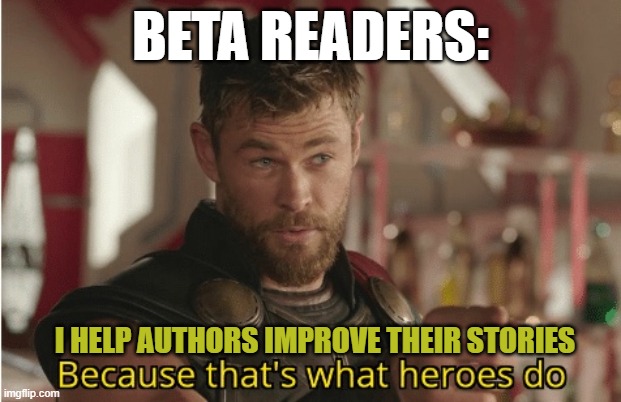
The Difference Between a Beta Reader and an Editor
After learning about beta readers, some authors may wonder if they are a sufficient replacement for an editor. Unfortunately, they’re not. A beta reader should be someone who regularly reads your genre and can give comments and reactions that the average reader would. An editor will point out more nuanced and specific errors, and they should offer solutions that beta readers often won’t.
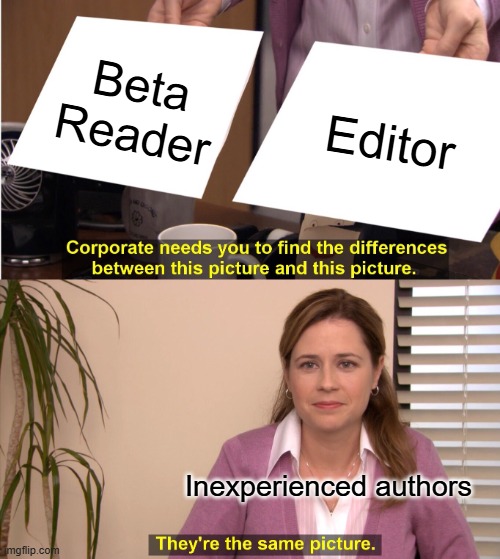
Critique Partners
Another place authors can go for feedback is to other authors. Sometimes, this takes the form of a regular writers group where members submit and critique a chapter or so a week. Other times, authors may opt to swap their entire manuscripts, commenting on each other’s work with the expertise of a writer. These critique partners are more experienced than beta readers, but it’s essential that authors still find the right match. A children’s fantasy author would not get much help by swapping with a writer of adult erotica. As such, similar writing styles, age groups, and genres are necessary.
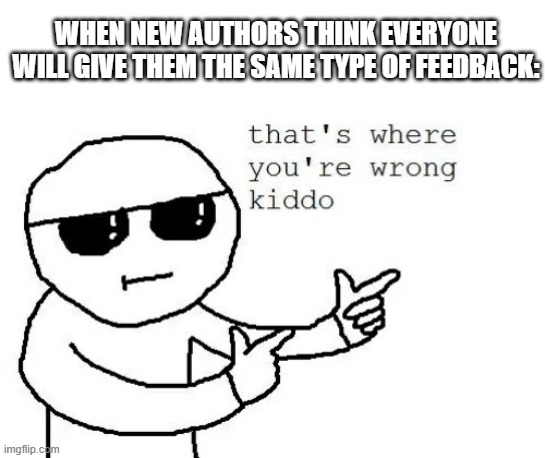
Where to Find Beta Readers
A large hurdle writers face when seeking feedback is knowing where to look. Some people will pass their completed manuscript to their boyfriend, mother, and best friend and then receive nothing but praise. However, a good beta reader should also point out the flaws in your novel. Every manuscript has issues, and if your beta readers aren’t alerting you to any of yours, you might need new readers.
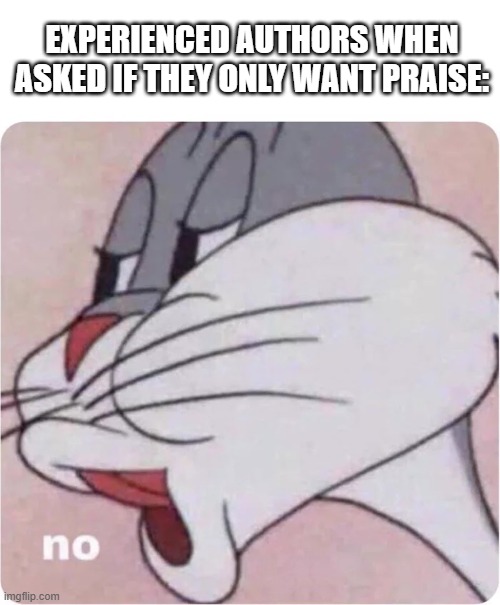
If family and friends don’t suffice, where else should you look? There are plenty of options. On social media platforms like Facebook, for example, whole groups are dedicated to swapping manuscripts in specific genres. All you have to do is post a blurb and wait for responses. However, when giving out your manuscript this way, I recommend turning off the “make a copy” and “save” features in your word-processing tool as a safety measure.
Another option is to hire paid beta readers from platforms like Upwork and Fiverr. These readers are usually fast and cheap. Plus, they’re more likely to read your entire book. If you’re going the paid route, though, I do not recommend finding beta readers on Facebook, where you are far more likely to find scammers.
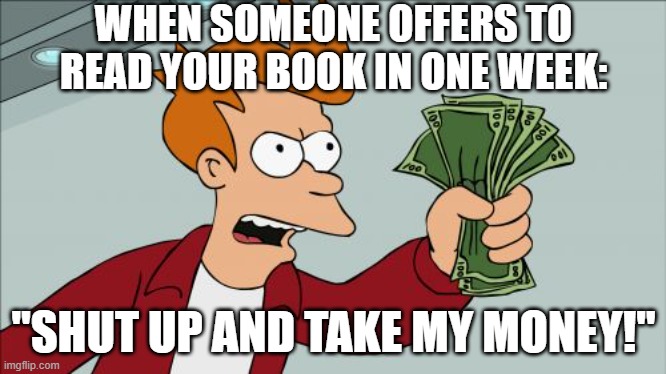
You can also search for readers through online forums dedicated for this purpose, such as r/betareaders on Reddit and “Beta Reader Group” on Goodreads. Plenty of authors find enough beta readers simply by posting a compelling synopsis in these groups.
How Many Beta Readers Do You Need?
It’s important to have enough feedback to sift through while not getting so much that you can’t handle it all. I suggest anywhere from 5-15, depending on how much feedback you’re seeking. Most likely, not everyone who agrees to read your book actually will. Because of this, having too many beta readers is usually more helpful than not having enough.

Navigating Feedback
Perhaps the most challenging part of the beta reader process is absorbing the feedback and knowing what to reject. Amateur authors may try to implement every single comment, which can leave their book in a worse place than where it started. When sorting through feedback, authors should consider how well each comment fits their vision of their story. If there’s a disconnect between what the beta reader said and what a writer wants for their book, they should probably ignore that critique.
Conversely, writers are also at risk of not taking enough of the feedback. Some authors are so invested in their story that they refuse to accept valuable critiques, continuously insisting that their beta readers are wrong or “just didn’t get the story.” This mindset is equally as harmful as taking too much feedback. After all, authors who refuse to improve rarely get publishing contracts.

So how do you know which feedback to take? A good rule of thumb is to compare feedback from multiple readers. If most or all of your readers give similar comments, consider taking their advice. If one reader’s comments are incongruous with what most people said, you might want to ignore them. As the author, though, the choice remains yours.
The Process as a Whole
No matter how great their beta readers are, most authors struggle with the feedback. It can be hard to accept that your novel has flaws and to find proactive solutions to fix them. Some authors get so overwhelmed by the feedback that they decide their novel is unfixable. None of these mindsets are helpful. Usually, when writers take a second to think through the comments they want to implement, they’ll find reliable solutions. Your novels aren’t lost causes. Sometimes, they just need another round or two of revision. Don’t give up!

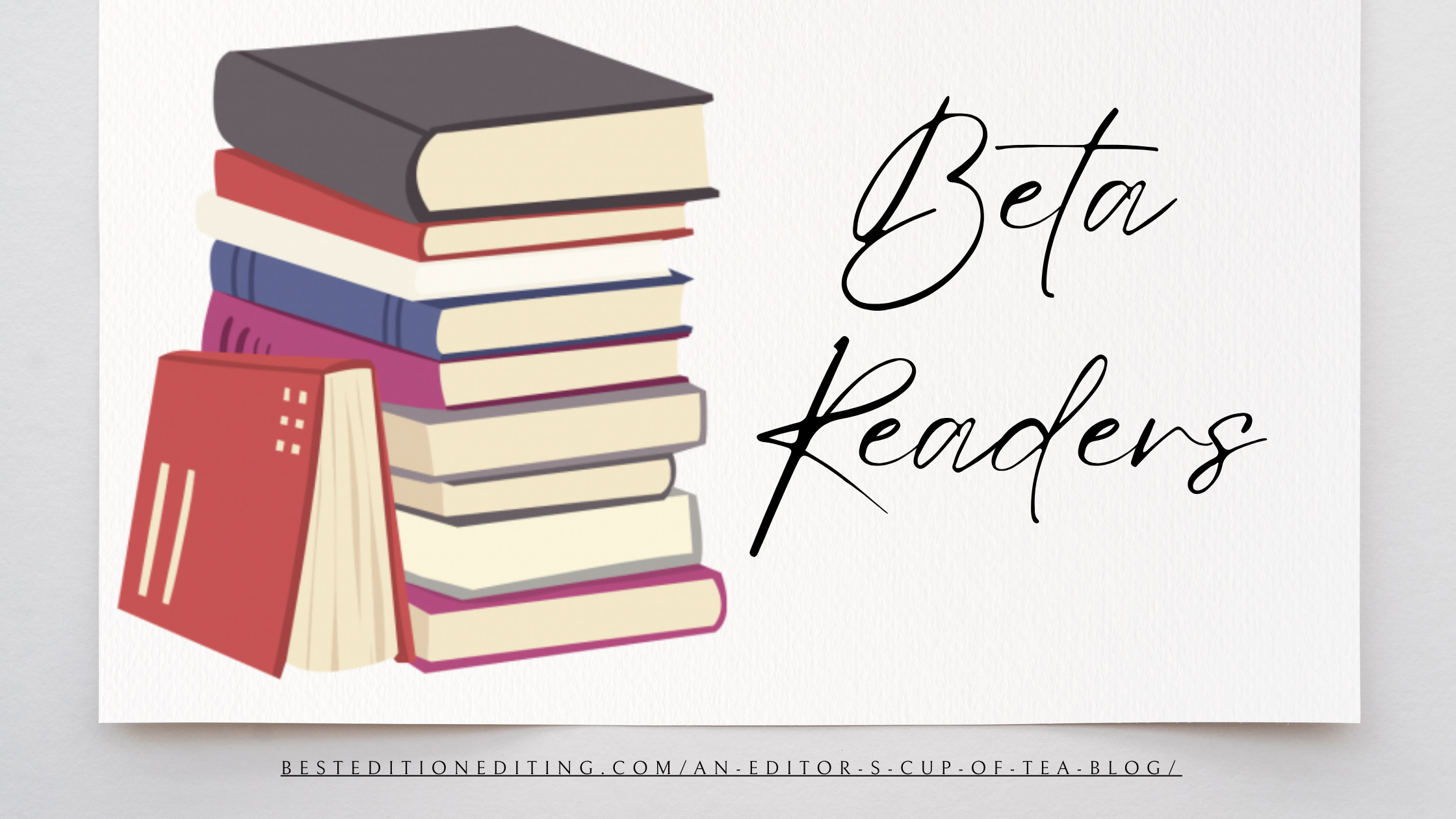
View comments
+ Leave a comment